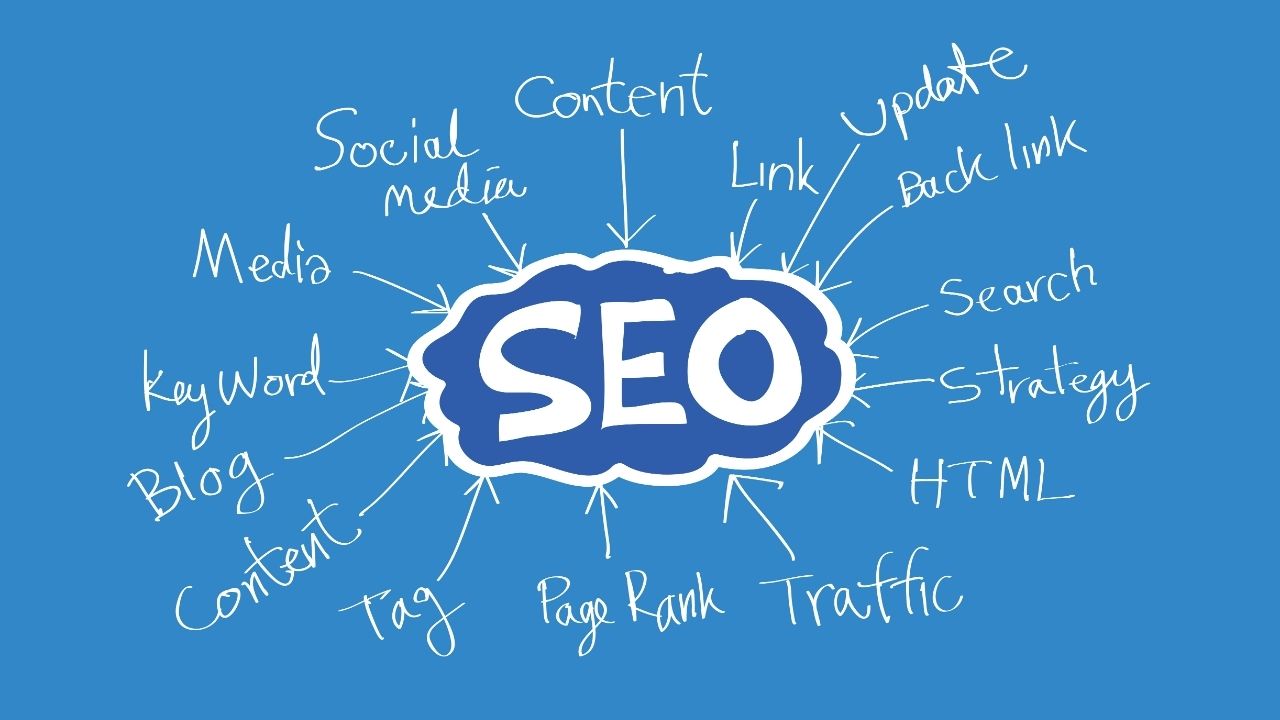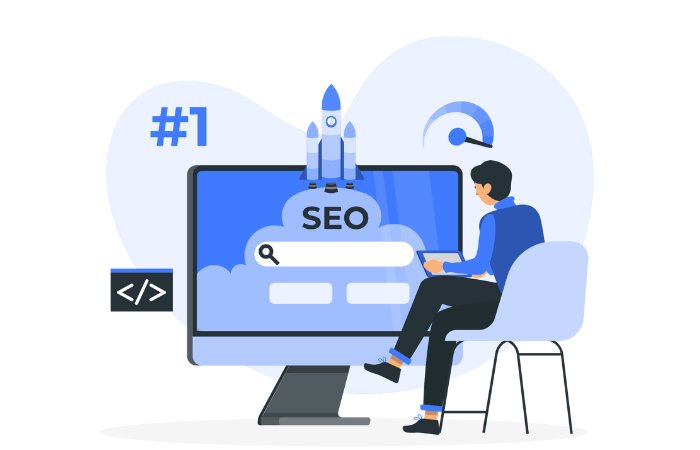Digital Marketing
Search Engine Optimization
Take the First Step Towards Better SEO Today!
Boost Your Online Presence with CodeFyze's SEO Services!
Let Us Rank Your Website #1 - Your Success Starts with SEO!
Your website deserves to be seen by the right people at the right time. Let CodeFyze help you achieve higher rankings, better traffic, and more conversions.
Get Free SEO Audit
Why SEO is Important for Your Business
SEO is crucial for any business because it boosts online visibility, driving organic traffic and increasing sales by up to 50% or more as it attracts potential customers actively searching for your products or services. It also builds credibility for long-term growth.

Why SEO Matters
- The SEO industry is worth more than $65 billion.
- Google handles 100 billion searches each month.
- 70% of online searches are conducted on Google.
- 70% of search traffic comes from organic results.
- The top four search results receive 94% of all clicks.
- 94% of users never go past the first page of search results.

On-Page SEO
- Keyword Strategy: Identifying high-traffic search terms and phrases to target in website content.
- Meta Tags Optimization: Ensures search engines can accurately interpret a website's content through meta tags.
- Content Optimization: Refines website content to make it more engaging and accessible to a broader audience.
- Google Search Console: A tool to monitor and analyze website performance and search traffic in Google search results.
- Google Analytics Setup: Provides insights into user behavior and interactions on your website.
- Google Tag Manager: Helps manage various marketing tags, such as tracking codes and pixels, on your website.
- Local Listings: Enhances a business's online presence by improving its visibility in local search results.
- Internal Linking: Helps search engines crawl your website more efficiently while providing users with related content.
- XML Sitemap: A comprehensive list of all website URLs, signaling page importance to search engines.
- Fixing Broken Links: Involves identifying and repairing broken links on a website to improve user experience.
- Broken Link Redirects: Redirects users to relevant pages to maintain a smooth experience when encountering broken links.
Off-Page SEO
- Web 2.0 Blogging: Uses blogging platforms to generate referral traffic by sharing valuable content.
- Guest Posting: Collaborating with other bloggers to increase website traffic and enhance relationships within the community.
- Classifieds: A strategy for increasing traffic and exposure to products, services, websites, or blogs.
- Q&A Marketing: Participating in Q&A platforms like Quora to build backlinks and drive organic traffic.
- Infographics: Visually engaging content that communicates information clearly, improving shareability and reach.
- Blog Commenting: Engaging with other blogs through comments can drive traffic and build organic relationships.
- PDF Sharing: Sharing documents on platforms like Slideshare can help generate backlinks and increase traffic.
- Broken Link Building: Identifying broken links on external sites and offering your content as a relevant replacement to earn backlinks.
- Video Promotions: Using videos to educate, engage, and convert audiences more effectively, driving both traffic and brand awareness.
Technical SEO
- Website Speed: Faster load times enhance user experience and contribute to better search engine rankings.
- Robots.txt File: Directs search engines on which pages to crawl or avoid, helping with efficient indexing.
- Canonical Tags: Prevents duplicate content issues by telling search engines which version of a page is the original.
- Mobile Friendliness: Ensures a positive experience for users on mobile devices, increasing engagement and retention.
- (UI/UX): A user-friendly design and intuitive navigation are essential for attracting traffic and improving brand perception.
- Crawling: Helps search engines index your site's pages so they can be discovered in search results.
- HTTPS: Provides a secure connection, reassuring users and improving search engine rankings.
- URL Structure: Clean, descriptive URLs make it easier for users and search engines to comprehend the page's content.
- Structured Data Markup: Enhances search engine understanding of page content, which can improve visibility in search results.